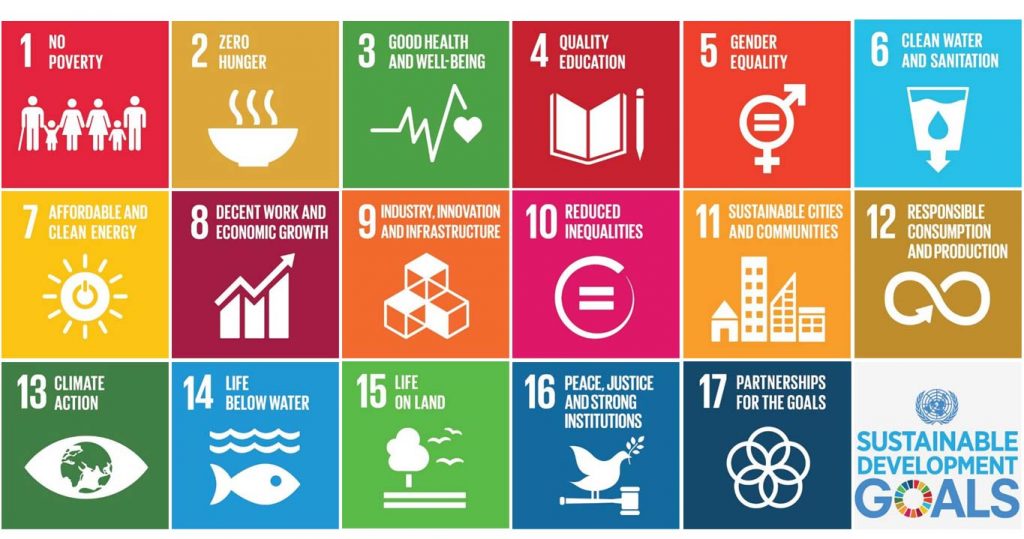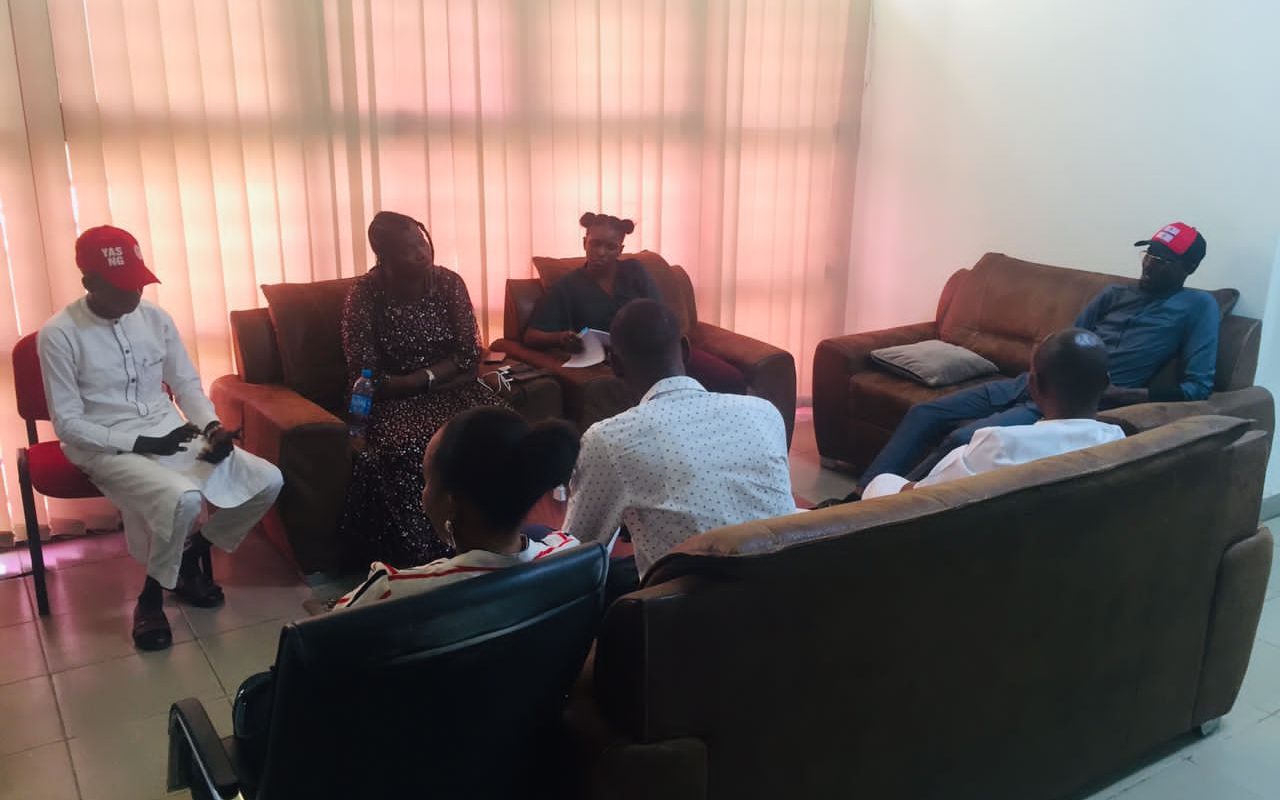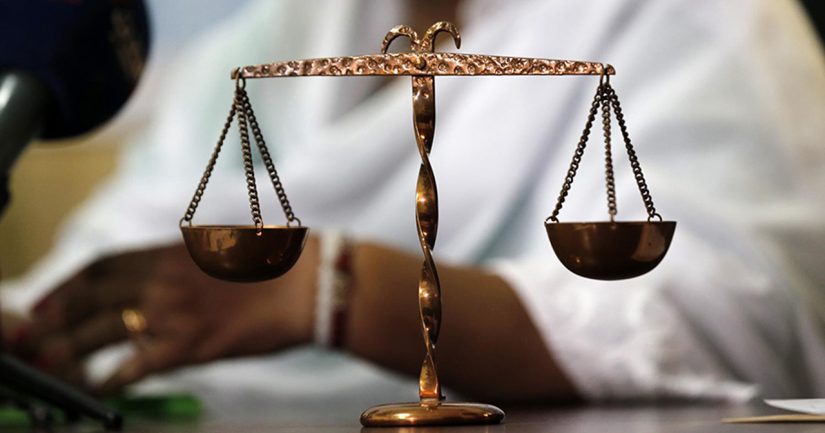The introduction of the SDGs by the United Nation in 2015 brought a global goal on tackling problem that is poss threat to humanity and place it in the difficult situations. Since the importance of these goals are of global concern, local and international stakeholders, countries and future decision makers must work in line with the SDGs in other to strengthen existing societies and ensure advancement of mankind. The goals which includes: 1. No Poverty, 2. Zero Hunger, 3. Good Health and Well-being, 4. Quality Education, 5. Gender Equality, 6. Clean Water and Sanitation, 7. Affordable and Clean Energy, 8. Decent Work and Economic Growth, 9. Industry, Innovation and Infrastructure, 10. Reduced Inequality among others; provides worldwide guidance for addressing the global challenges facing communities. It is about better protecting the very natural foundations of life and our planet everywhere and for everyone, and preserving people’s opportunities to live in dignity and prosperity across generations.

In Nigeria, although the significance of the SDGs, the possibilities of achieving these goal on an existing timeline becomes non-feasible. The efforts of the United Nation, Local and Foreign Departments, Groups and individuals are greatly compromises by corruption and other menace. Funds made for implementable projects are diverted and embezzled, abuse of power and office results in weak administrative, democratic, educational and judicial system.
The Government alone can not eradication corruption, crime and violence. For a level ground for socio-political and economic advancement, there is a need for good governance to flourish. To achieve this, governmental and nongovernmental institutions must become committed to a collective cause under the 17th Goal of the SDGs.

Our Philosophy
Different institutions tackle social, economic and political vices based on time. Taking corruption as a reference for crime and violence, the persecution of corrupt individuals may be classified as present or past corrupt practices. The establishment of new policies and review of existing once help prevent future corruption as much as it aids in persecution. Future vices are those acts yet to be carried out but have a strong tendency of perpetration. In its nature, its existence is only on an imaginary scale. The risk of occurrence when very high may result in total economic meltdown. Although it always poses huge threat, it usually has a unique way of vending normal persecution strategies. For instance, even when there is a strong tendency that someone might abuse his office, embezzle public funds, take bribe or carry out any other corrupt practices, no action can be carried out against such person until the act of corruption has been carried out. This encourage corruption thus compromising the progress in struggle against the act.
There is thus a need to prevent future vices from given rise to present vices?
When we wait for menace to happen, we become instrumental in its occurrence.

